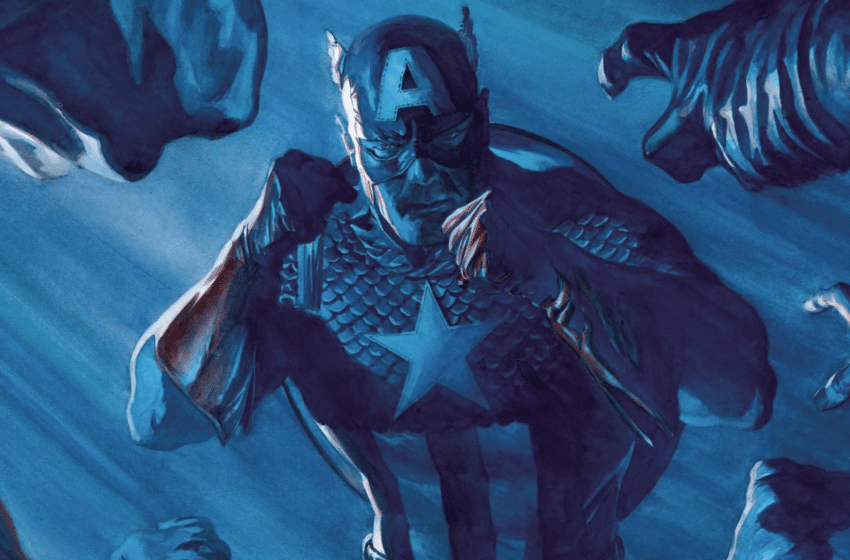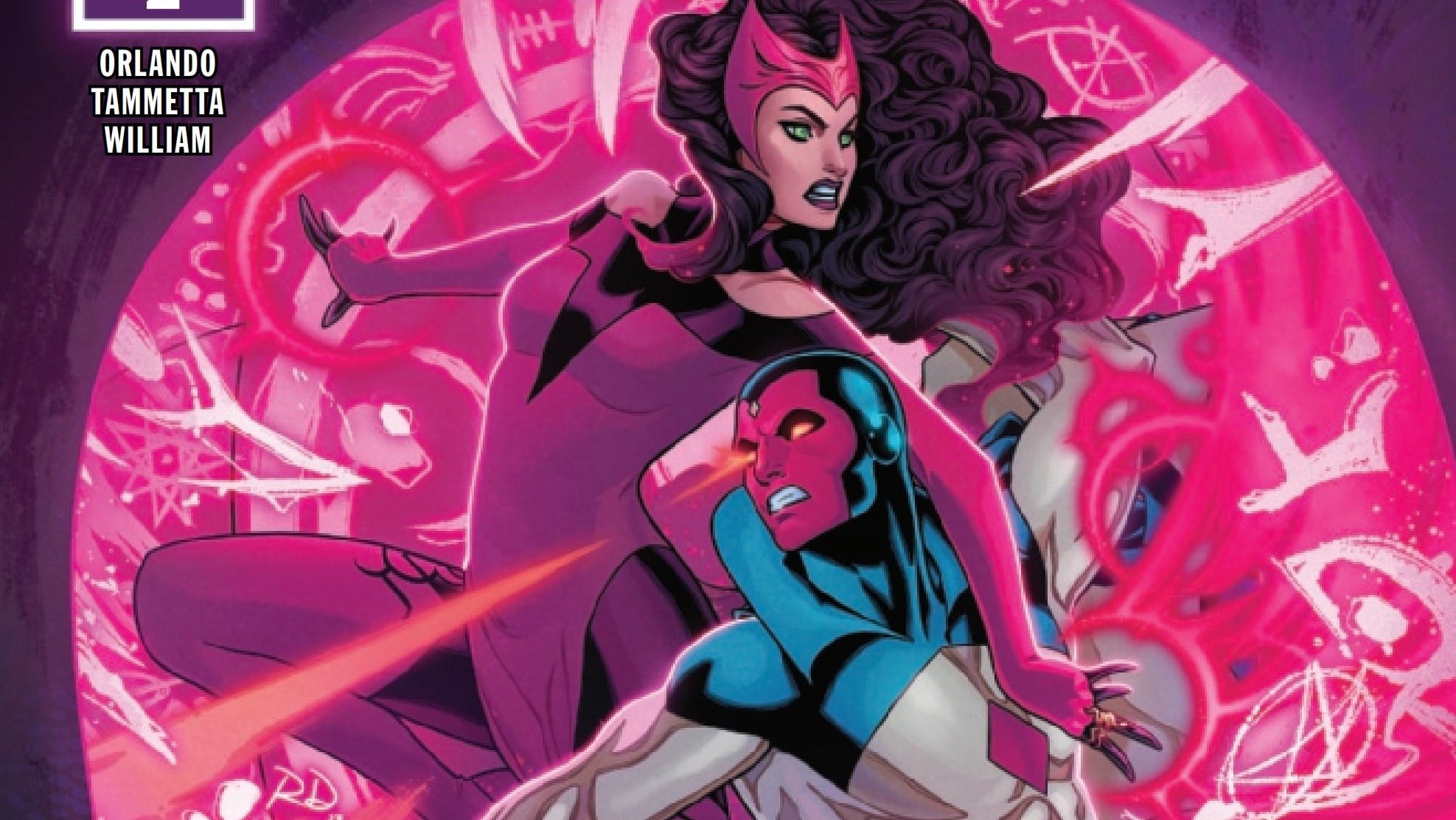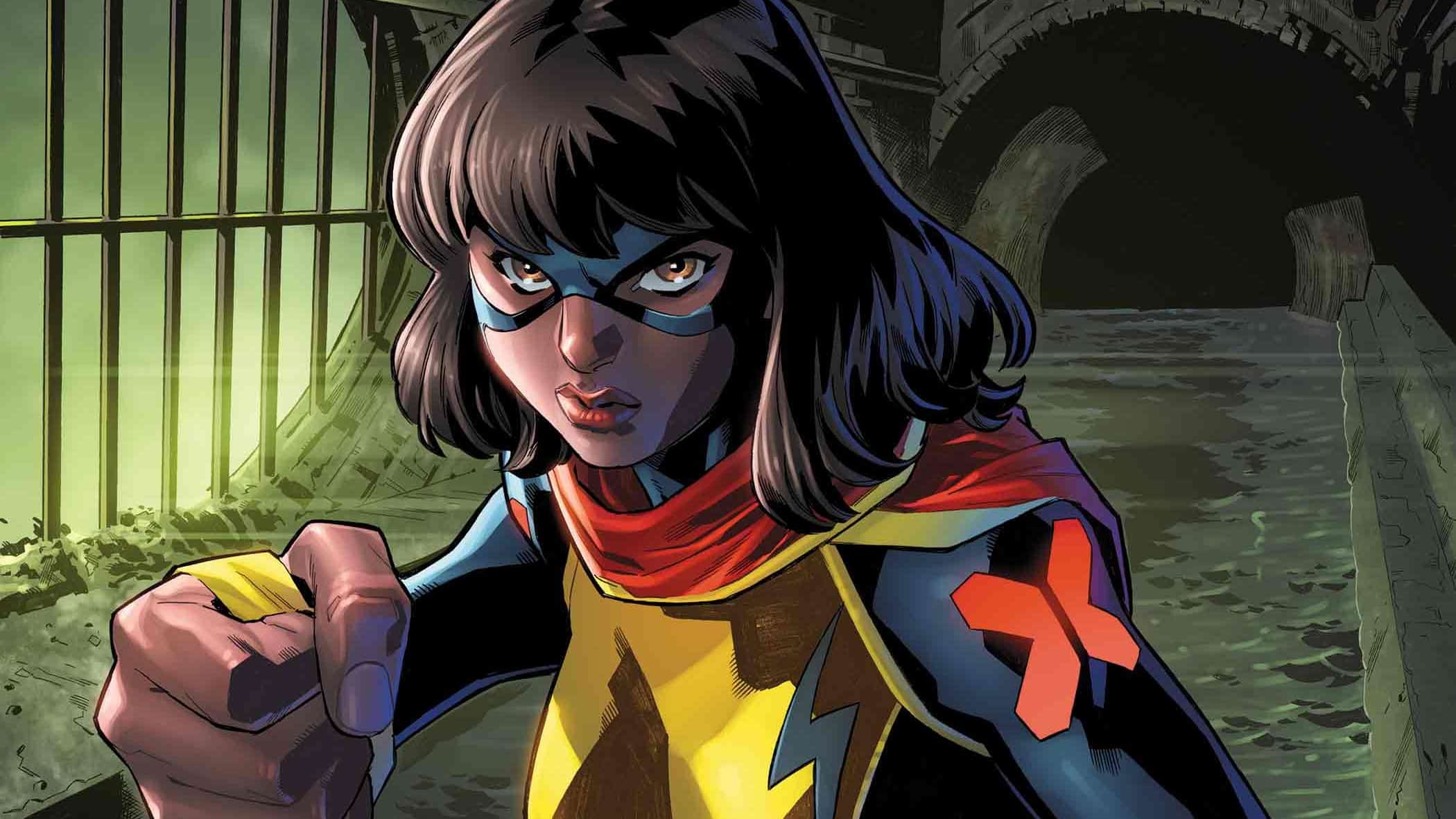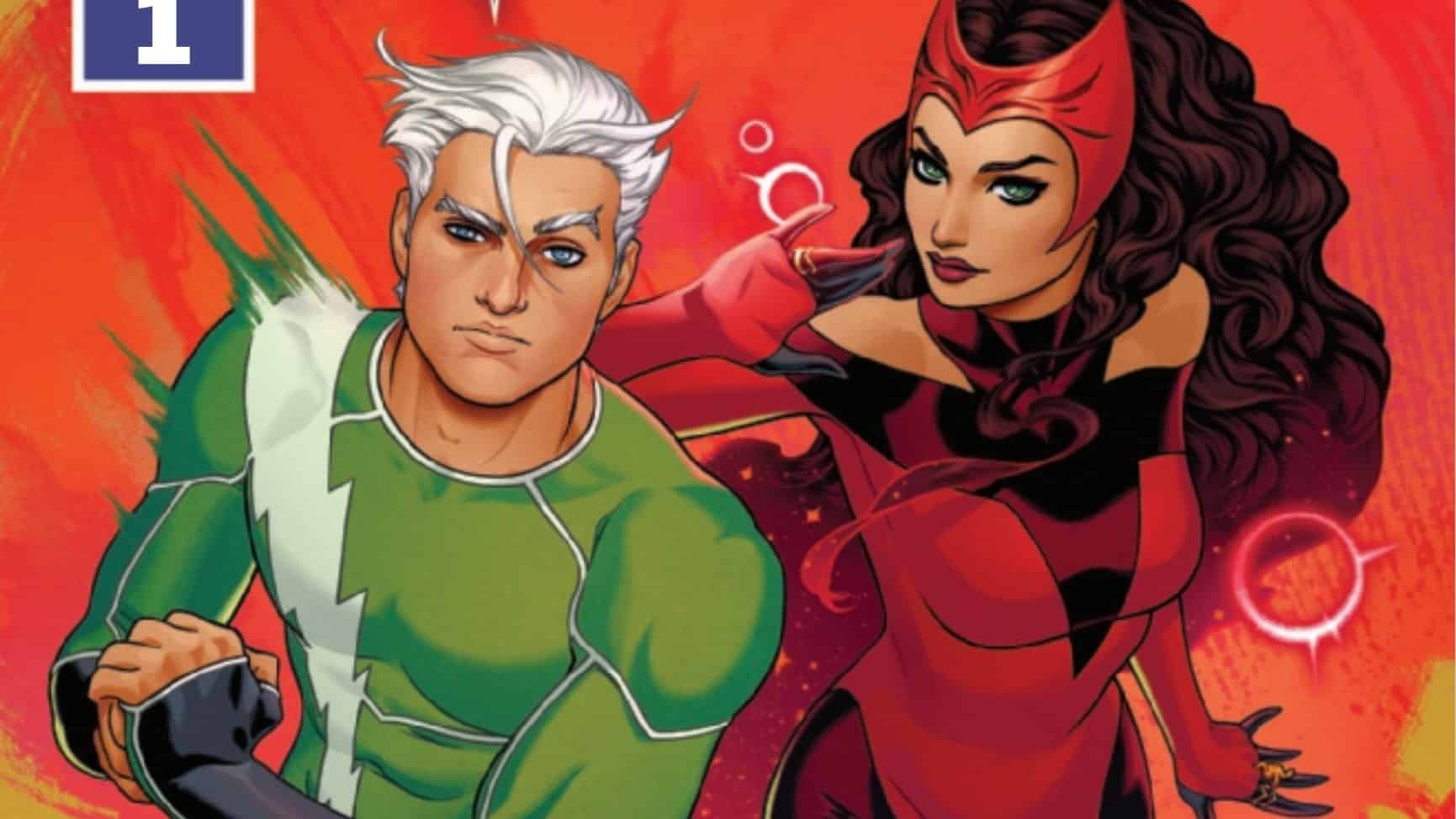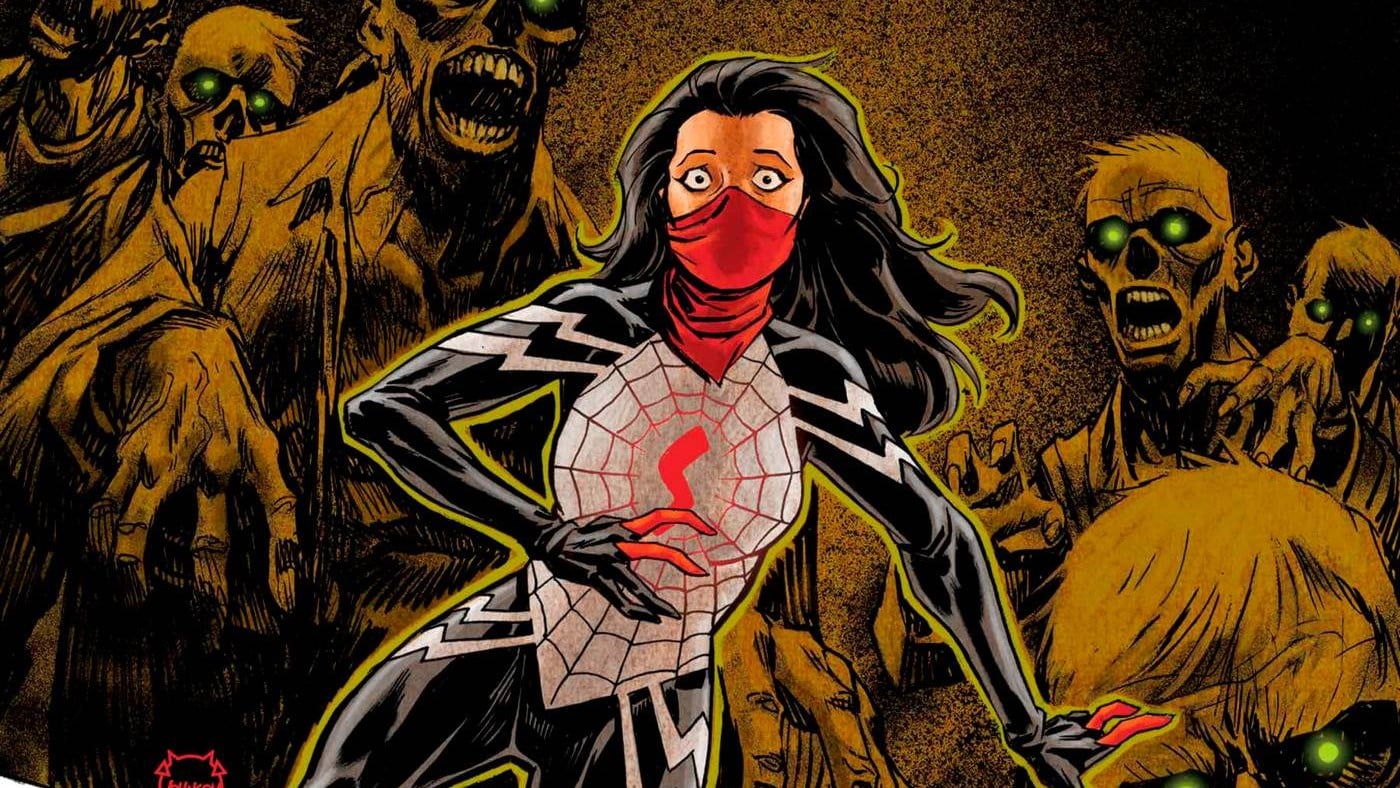Alliances are brokered and strange bedfellows are made as Coates’s run on Captain America screams towards its conclusion. Will our hero let his pride dictate his actions? Will our hero’s friends take those actions for him? After these actions, are they even heroes? Written by Ta-Nehisi Coates, illustrated by Leonard Kirk, and colored by Matt Milla.
I used to believe a lot of things. That life was fair. Easy. Predictable. That the good guys always won in the end, and that if the good guys hadn’t won, then it wasn’t the end.
Hell, I used to believe in good guys.
Man, how things have changed.
Captain America #29 is the penultimate issue of Ta-Nehisi Coates’ run. You would think – believe- that loose ends would start to get tied up here, and the final fight would come into focus.
Instead, Coates uses this issue to introduce more uncertainty into the plot, more variables into the fray. All of this late-stage introduction feels ill-timed and ill-paced, which is emblematic – for better and for worse – of this run.
We see Sinthea (what a name) manifesting her latent telepathic powers. We see Cap and crew debating ethics with two of the least ethical men in the Marvel universe. We see agent Carter making a deal with the devil (or, rather, the devil’s antagonist, Kingpin).
We see a lot of interesting things. And that’s my first issue: it is a lot to cram into 23 pages. I’ve noted my uncertainty about this run profusely; when it’s good, it’s damn good, but too often it feels meandering. And here, with so much introduced at the last minute, the meandering feels more unnerving than normal.
But again, I’m used to feeling that way about this comic. I’m used to feeling that way about Coates’ writing as a whole. None of this is new or surprising.
My second critique, however, is new. It’s not a problem of structure: it’s a problem of substance.
Cap exists at the intersection between superheroics and espionage. Where superpowers people are weapons of the state, states who so often, too often feel like whatever they decide to do with power – with weapons – serves a greater good, no matter the cost.
Up until this issue, that’s what Captain America was fighting against; the execution of hypermasculine power, accountable to no one, used and abused for its own enjoyment. Cap was supposed to occupy the moral high ground, a high ground Red Skull repeatedly tried to knock him off of.
And it looks like the Skull may have won.
The daughters of Liberty are forcefully taking intel from captured soldiers. Cap is debating with the kings of spies and clandestine actions, Nick Fury and Thunderbolt Ross, and sounding maybe a bit more eager for the fight than they are (even if his advocacy is for less lethality). Ms. Carter is giving intel to Kingpin with the implicit direction to do his worst to their common foe. (Sidenote: I’d vote for Kingpin over Yang any day.)
To accomplish what’s needed, is the nefarious necessary?
All of this is messy. Maybe it’s all necessary. But it’s not at all the dream, the pure, righteous dream that Captain was fighting for. I’m interested to see if Coates is introducing this moral ambiguity purposely, or if he sees these actions as ambiguous at all. I honestly don’t know what to think. Cap is supposed to represent the unvarnished good, but his team (and maybe even his writer) are sullying the brand.
Speaking of sullied brands…the art. Hoo-boy the art. It’s bad. It looks rushed. Plainly colored. Ill detailed. Almost amateur. This just isn’t cutting it.
Which, really, is the story of the comic, this issue in particular. It’s just not cutting it for me. We have one issue left. 23 pages with which to salvage a run that’s had some introspective highs, but way too many mediocre moments. Will those 23 pages save the day? We’ll see. I don’t think it will.
But again, I used to believe a lot of things.
A proud New Orleanian living in the District of Columbia, Jude Jones is a professional thinker, amateur photographer, burgeoning runner and lover of Black culture, love and life. Magneto and Cyclops (and Killmonger) were right.
Find more of Jude’s writing here.

